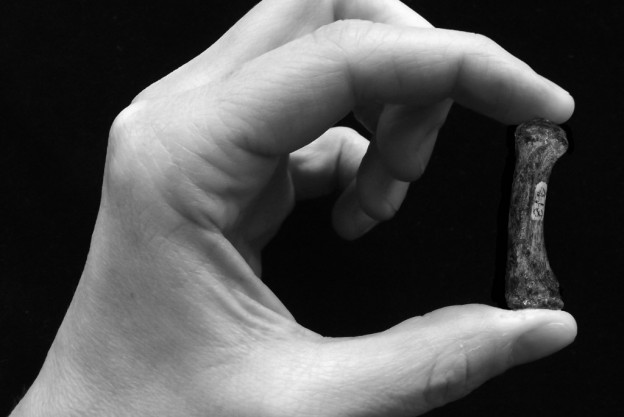On Wednesday 11 May, at 18.00 in Rutherford Lecture Theatre One, Dr Tracy Kivell will give a Rutherford Grass Roots Lecture entitled: ‘The many mysteries of our newest extinct relative: Homo naledi and the Rising Star Cave’.
Last autumn, a new species of fossil human was announced to the world called Homo naledi. Over 1500 fossil specimens from at least 15 individuals have been uncovered from the Rising Star cave system in the Cradle of Humankind, South Africa since 2013. The exceptional preservation of these fossils, the unusual combinations of anatomy, and the unique context in which these fossils were found have elicited not only the naming of a new species, but also extraordinary hypotheses about how these fossil humans ended up deep in the cave. Dr Kivell will discuss the morphology and context of the new Homo naledi fossils and how they are changing our current understanding of human evolution.
Dr Tracy Kivell is Reader in Biological Anthropology and Director of the Animal Postcranial Evolution (APE) Lab in the School of Anthropology and Conservation, at Kent, and a palaeoanthropologist who studies the anatomy, evolution and biomechanics of the wrist and hand in living and fossil primates, including fossil humans. Most recently her research aims to better understand the evolution of the human hand, including when we stopped using our hands for climbing in trees and when and how we started using tools. This research is funded by a five-year European Research Council Starting Grant (2014-2019), for which she is Principal Investigator. Dr Kivell is also Director of Research on recently-discovered hand skeletons from two new species of fossil human from South Africa; Australopithecus sediba and Homo naledi.
This lecture has been organised in conjunction with the Former Staff Association and is free and open to all.
